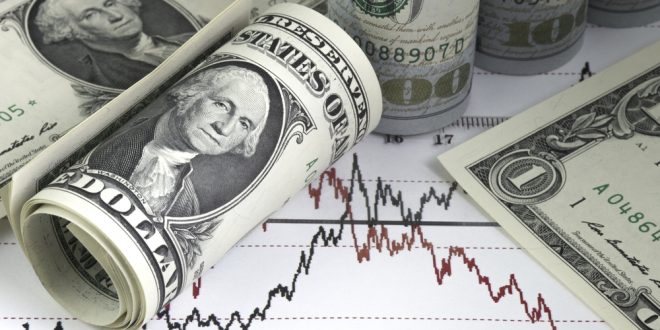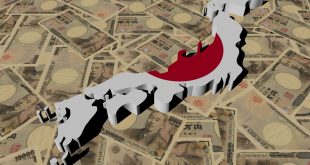The dollar settled in a cautious Asian session on Friday, January 22nd, but it is heading towards its worst weekly performance since the start of the year as investors welcome Joe Biden’s management by buying higher-risk assets.
Against the Japanese currency, the dollar has fallen 0.3% this week and retreated 0.8% against the euro, the biggest weekly percentage decline since mid-December.
The dollar settled in the last trading at $1.2172 to the euro and bought 103.54 yen. It advanced slightly against the Australian and New Zealand dollars, but not enough to miss the weekly gains made by the two currencies, which are 0.6% for the Australian dollar and 0.9% for the New Zealand dollar.
Biden, whose Democratic Party controls the US Congress, is seeking to borrow and spend to support the economy. The stimulus anticipation led stocks to record highs, while inflation expectations curbed real returns.
Central banks from Tokyo to Frankfurt this week kept policies unchanged and began talking cautiously about the prospects for recovery, while the US Federal Reserve appears committed to lower interest rates for a very long time.
The Canadian dollar fell 0.2% to 1.2671 per US dollar with the decline in oil prices today, but it is up 0.5% this week and reached its highest level in nearly three years on Thursday after the Bank of Canada surprised some dealers by not cutting interest rates.
The British pound fell 0.2% from its two-and-a-half year high reached on Thursday, to settle at $ 1.3707. The British currency is receiving support from the hope that vaccines against the Coronavirus will boost the economic recovery later in the year.
The dollar index settled at 90.110 and declined 0.7% for the week.
 Noor Trends News, Technical Analysis, Educational Tools and Recommendations
Noor Trends News, Technical Analysis, Educational Tools and Recommendations





